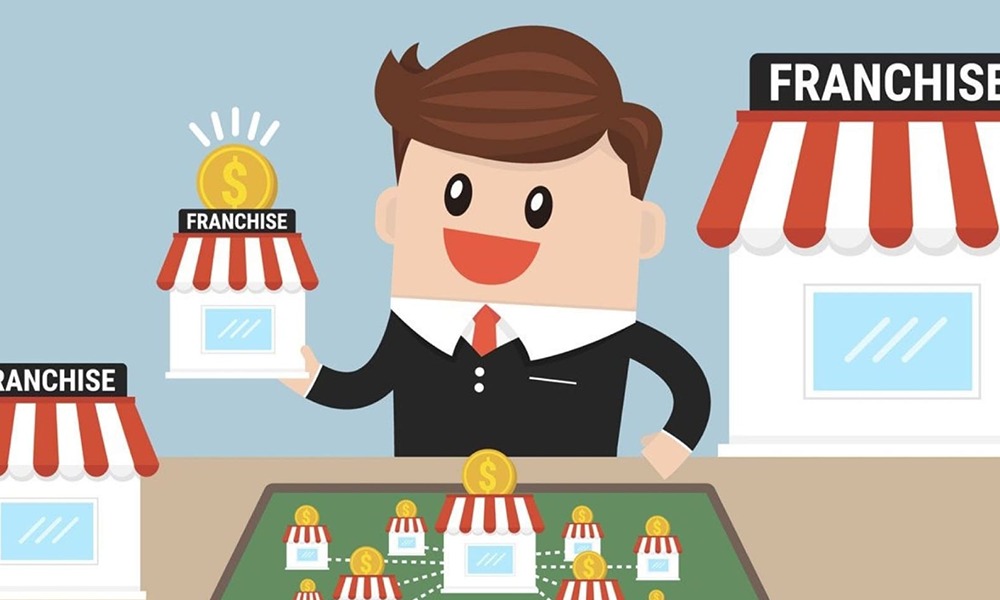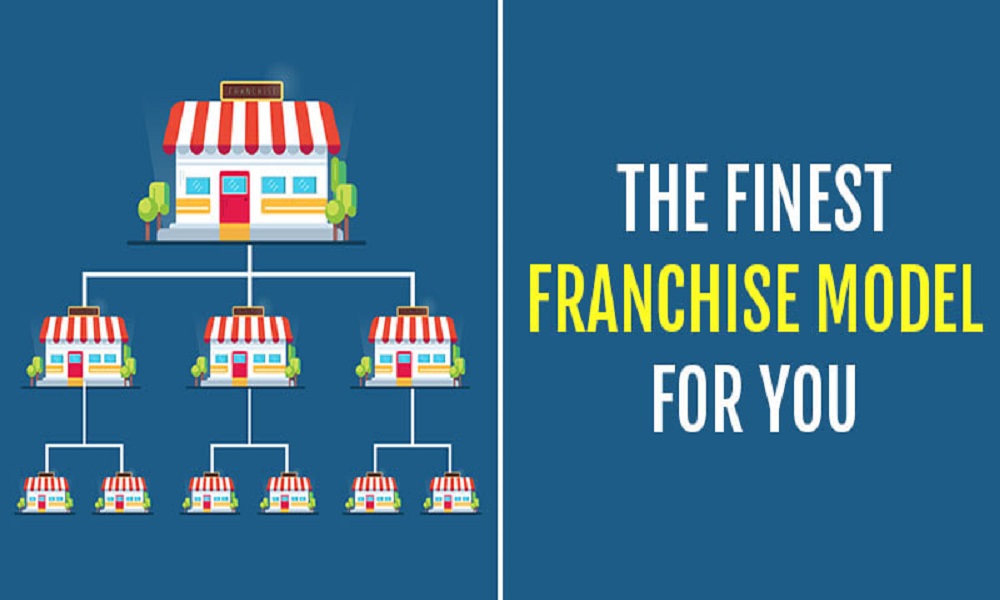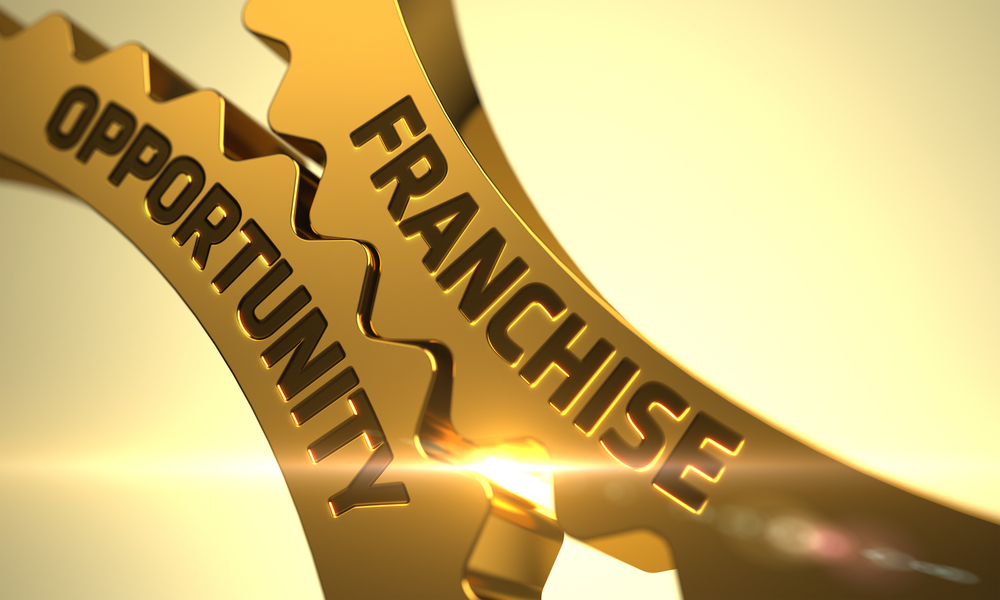The Importance of Sustainability in Modern Franchise Models

In recent years, the concept of sustainability has become increasingly important to consumers, businesses, and governments alike. As a result, many franchises have started incorporating sustainability into their business models. In this article, we will explore the role of sustainability in modern franchise models, and how it can benefit both the franchisee and the environment.
The Definition of Sustainability
Sustainability is defined as the ability to meet the needs of the present without compromising the ability of future generations to meet their own needs. This involves balancing social, economic, and environmental considerations in decision-making.
Why Sustainability is Important

Sustainability is important because it ensures that resources are used in a way that is responsible and efficient, and that the negative impacts of economic development are minimized. It also helps to build a positive brand image and can attract socially conscious customers.
The Role of Sustainability in Franchise Models
Sustainability can play a significant role in franchise models in several ways:
- Reducing Environmental Impact: Franchises can incorporate sustainable practices into their operations, such as reducing energy and water usage, using eco-friendly materials, and minimizing waste.
- Improving Brand Image: Franchises that prioritize sustainability can build a positive brand image and attract socially conscious customers who are willing to pay a premium for eco-friendly products and services.
- Meeting Regulatory Requirements: Many governments are implementing regulations to reduce carbon emissions and promote sustainability. Franchises that incorporate sustainable practices are more likely to meet these requirements and avoid penalties.
- Reducing Operating Costs: Sustainable practices can also help franchises to reduce operating costs by lowering energy and water bills, reducing waste disposal costs, and improving efficiency.
Examples of Sustainable Franchise Models
There are several franchises that have successfully incorporated sustainability into their business models:
- Patagonia: This outdoor clothing and gear company is known for its commitment to environmental sustainability. Patagonia uses recycled and organic materials in its products, and has implemented sustainable practices in its operations, such as using renewable energy and reducing waste.
- Sweetgreen: This salad chain uses locally sourced ingredients and compostable packaging to reduce its environmental impact. Sweetgreen also donates a portion of its profits to support sustainability initiatives.
- Tesla: This electric car company is committed to reducing carbon emissions and promoting sustainable transportation. Tesla’s cars run on electricity, which is produced using renewable energy sources, and the company has implemented sustainable practices in its manufacturing processes.
The Benefits of Incorporating Sustainability into Franchise Models
There are several benefits to incorporating sustainability into franchise models:
- Improved Brand Image: Franchises that prioritize sustainability can build a positive brand image and attract socially conscious customers.
- Reduced Operating Costs: Sustainable practices can help franchises to reduce operating costs by lowering energy and water bills, reducing waste disposal costs, and improving efficiency.
- Meeting Regulatory Requirements: Franchises that incorporate sustainable practices are more likely to meet regulatory requirements and avoid penalties.
- Positive Impact on the Environment: Franchises that implement sustainable practices can have a positive impact on the environment by reducing carbon emissions, conserving resources, and minimizing waste.
Incorporating sustainability into franchise models is becoming increasingly important in today’s business world. Franchises that prioritize sustainability can improve their brand image, reduce operating costs, meet regulatory requirements, and have a positive impact on the environment. By implementing sustainable practices, franchises can create a business model that benefits both the franchisee and the environment.




